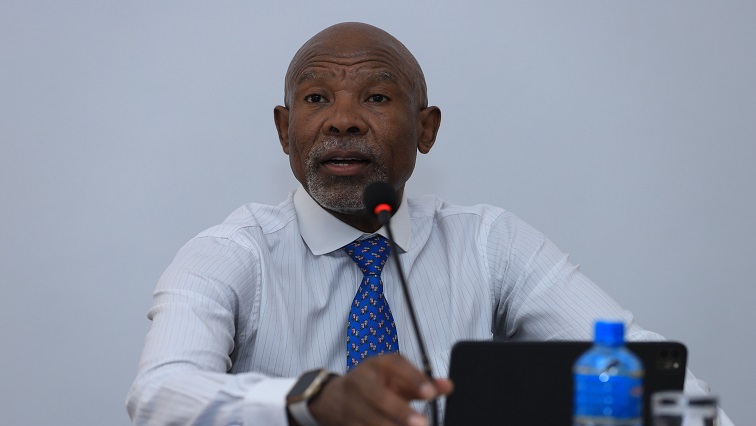In its latest Monetary Policy Review the Reserve Bank notes that low commodity prices, load shedding and logistics constraints continue to undermine economic growth domestically.
The Bank says that interest rate cuts are being postponed globally due to risks to the inflation outlook.
The Monetary Policy Review seeks to outline all the challenges considered by the Monetary Policy Committee (MPC) when making decisions on interest rates.
The Reserve Bank says that South Africa’s inflation has fluctuated within the 5-6% range since September 2023. It notes that however, uncertainty regarding the path back to the target 4,5-midpoint range has risen in recent months as new risks emerged while others materialised.
“Since we last met in 2023, the main challenge facing the global economy has not changed much, suffice to say many of the risks that we had identified are beginning to materialise, important inflation which was seen as a huge policy challenge at least for central banks is very much still with us. It remains the overarching policy challenge today,” says Reserve Bank Governor Lesestja Kganyago.
While the Reserve Bank has expressed optimism about economic growth citing the government’s interventions in electricity supply, it warns about economic headwinds from the global economy. Reserve Bank Economist Chris Loewald says pressures are expected to come from supply chain constraints and low global demand for commodities.
“While load shedding has been much better in 2024 relative to 2023, it’s still considerably higher than it’s been in previous years and therefore continues to weigh on growth. Sluggish growth in real income also feeds through the sluggish demand in the economy, so hardly contributing to that real GDP growth rate.”
The Reserve Bank says the road back to the 4,5-midpoint range is expected to be a thorny one. At the March meeting, the MPC kept rates unchanged at 8.25%.


